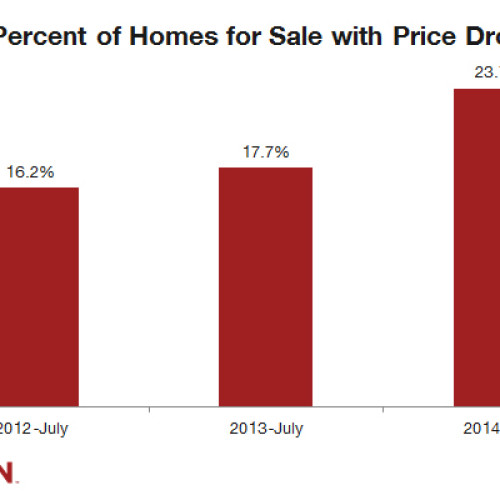California Home Sales Down 7% in December
BuilderOnline
Despite strong headwinds of tight housing supplies and an affordability squeeze throughout much of 2016, California’s housing market ended the year on a positive note, posting a moderate sales pace and home price increases in December, the California Association of Realtors ® (C.A.R.) said today. Closed escrow sales of existing, single-family detached homes in California totaled a seasonally adjusted annualized rate of 411,230 units in December, according to information collected by C.A.R. from more than 90 local REALTOR® associations and MLSs statewide.
About author
You might also like
Strong Finish to the Year?
With a shift from a seller’s market to a buyer’s market, Redfin sees a potential pick-up in sales volume to finish out the year. Here’s why. Read more
Chinese Money in the U.S. Housing Market
The influx of Chinese money into the US housing market continues to be one of the key dynamics in play thus far during the housing recovery. This article in the
Headwinds at Home Causing Pause in Chinese Buying
This past year, Chinese buyers overtook Canadian buyers as the top foreign purchasers of US real estates with expenditures of $28.6 billion. The influence has been felt disproportionately at the






